![]()
CRESP III Management Board
CRESP III will be managed by a broad group of academic leaders who bring a diverse set of skills and strategic interests of relevance to the issues at hand.The management board is led by the Co-Principal investigators David S. Kosson and Charles W. Powers, Professors at the Vanderbilt University School of Engineering.
The functions of the Management Board will be to provide annual review of all CRESP review, strategic analysis, research and
educational efforts, including discussion with all lead researchers and key personnel; evaluate and recommend the annual CRESP research portfolio to the CRESP co-PIs; evaluate and assist in the formulation of CRESP strategic assessment initiatives, and provide leadership or participate in, as appropriate, review and strategic analysis
functions of CRESP. The board will also identify additional participants as needed for review and
strategic analysis initiatives.
CRESP III Board Members

Charles W. Powers, Ph.D.
Professor of Environmental Engineering
Vanderbilt University
CRESP III Co- Principal Investigator
– expertise in environmental management and policy, organizational design and development, and ethics.
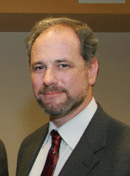
David S. Kosson, Ph.D
Professor and Chairman of Civil and Environmental Engineering
Vanderbilt University
CRESP III Co- Principal Investigator
– expertise in chemical and environmental engineering, remediation, leaching processes, and contaminant mass transfer.

Joanna Burger, Ph.D.
Distinguished Professor of Biology
Rutgers, The State University of New Jersey
– expertise in restoration ecology, ecological risk assessment, biological systems, and stakeholder involvement.
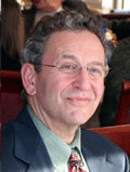
Michael R. Greenberg, Ph.D.
Distinguished Professor and Associate Dean
Bloustein School of Planning and Public Policy
Rutgers, The State University of New Jersey
– expertise in public policy, economics and risk communication.

Kathryn A. Higley, Ph.D., C.H.P.
Professor of Nuclear Engineering
Oregon State University
– expertise in environmental health physics, radiological dose and risk assessment, radioecology, nuclear emergency response.
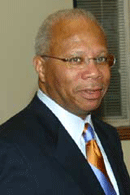
James H. Johnson, Ph.D.
Professor of Civil Engineering and Dean of the College of Engineering, Architecture and Computer Sciences
Howard University
– expertise in environmental engineering, nuclear waste management systems, stakeholder engagement and education of ethnic minorities and native Americans; member, U. S. EPA Science Advisory Board, Executive Committee.
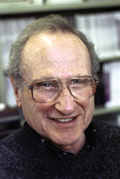 Shlomo Neuman , Ph.D.
Shlomo Neuman , Ph.D.
Reagents Professor
University of Arizona
Department of Hydrology and Water Resources
– expertise in Subsurface hydrology and contaminant transport; pumping test design and analysis, flow in multilayered geologic media, finite element simulation of subsurface flow and transport, estimation of aquifer parameters, fractured rock hydrology, peat hydrology, geostatistics, and stochastic analysis of heterogeneous geologic media.
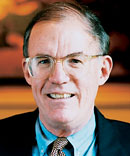
Richard B. Stewart, LL.B.
University Professor and Director
NYU Center on
Environmental and Land Use Law
– expertise in environmental and administrative law and public policy; former Assistant Attorney General for environmental issues.
